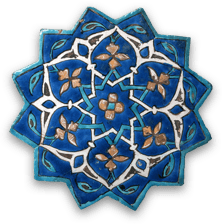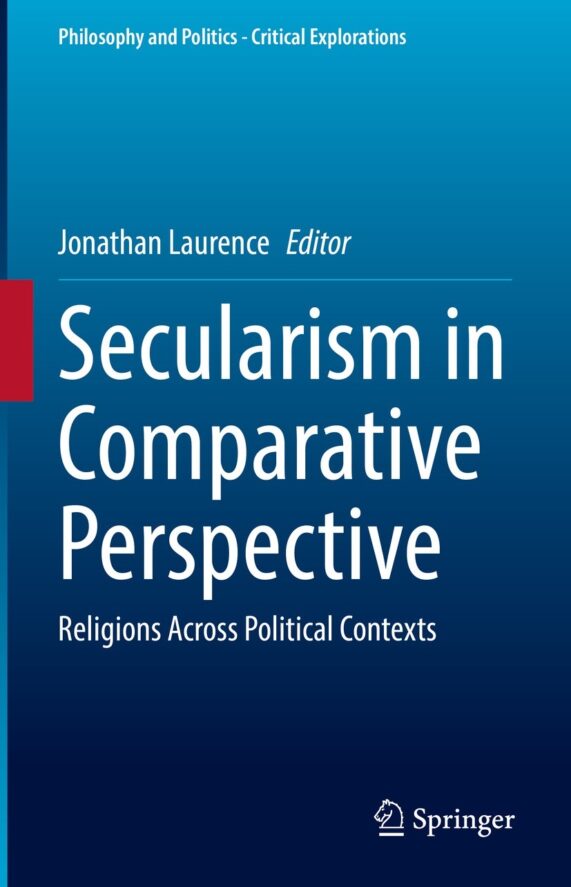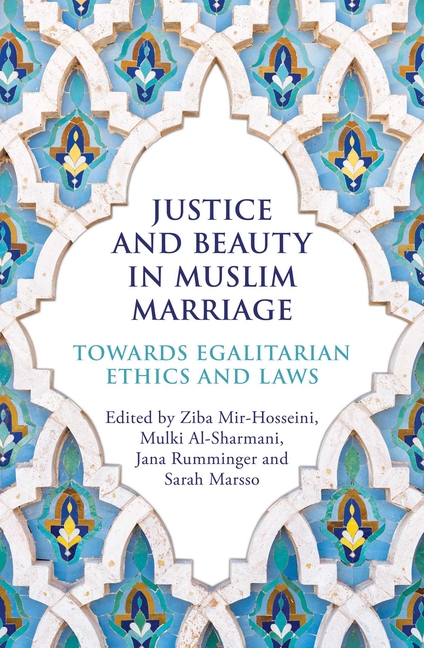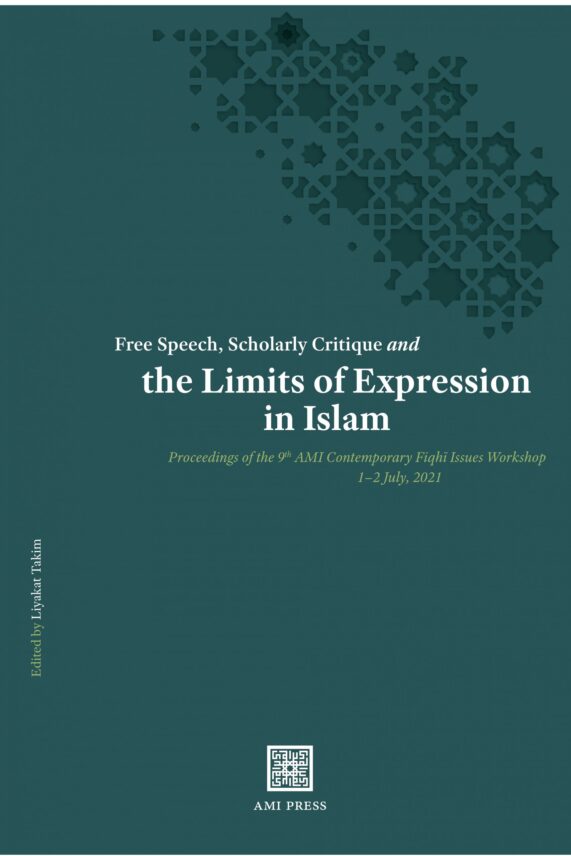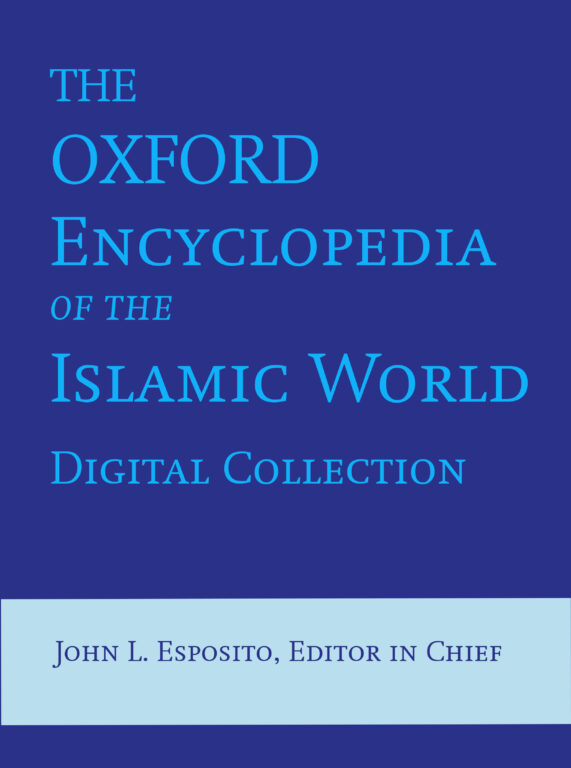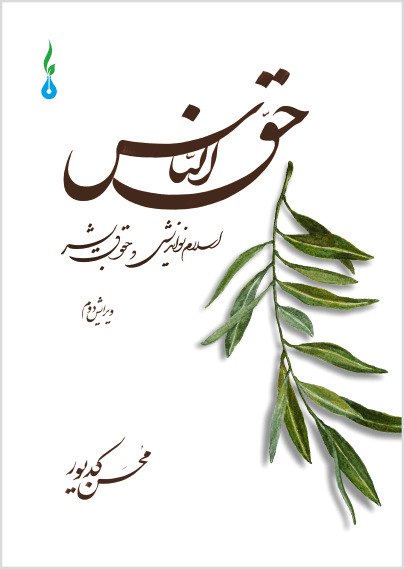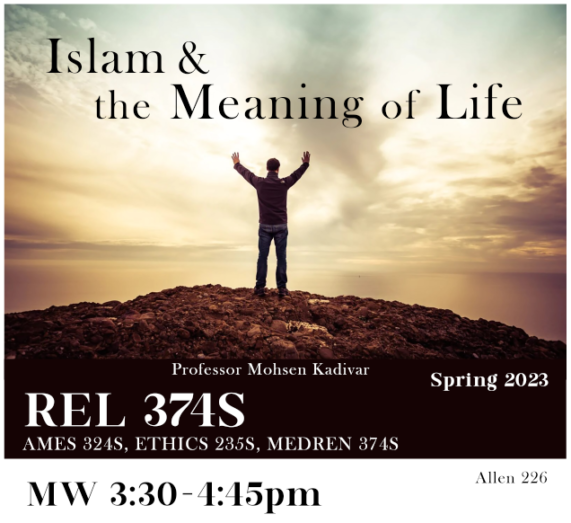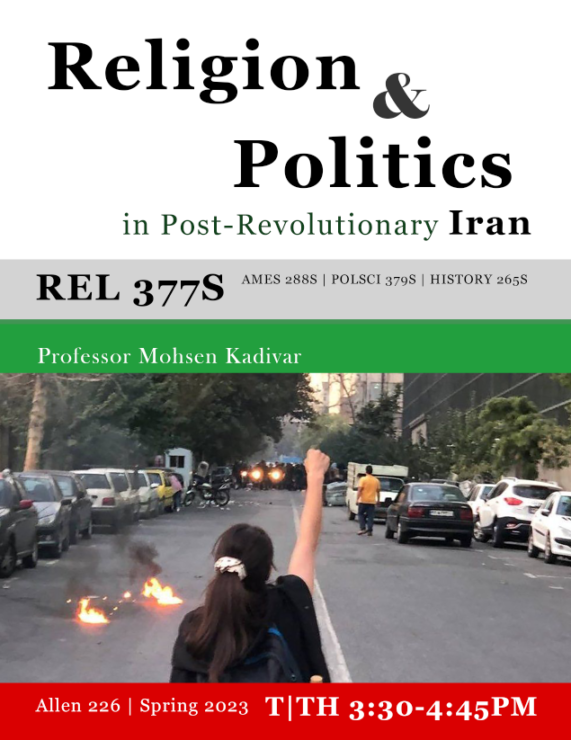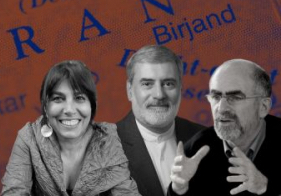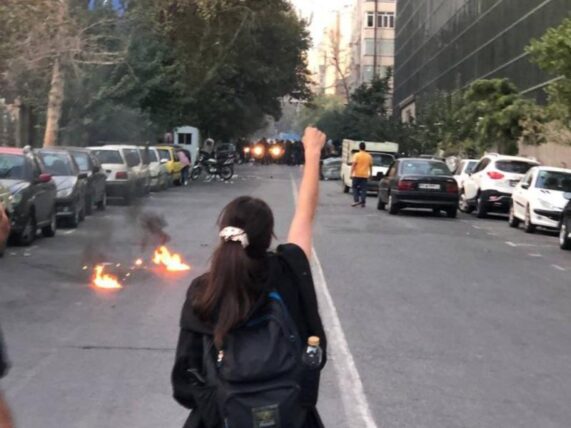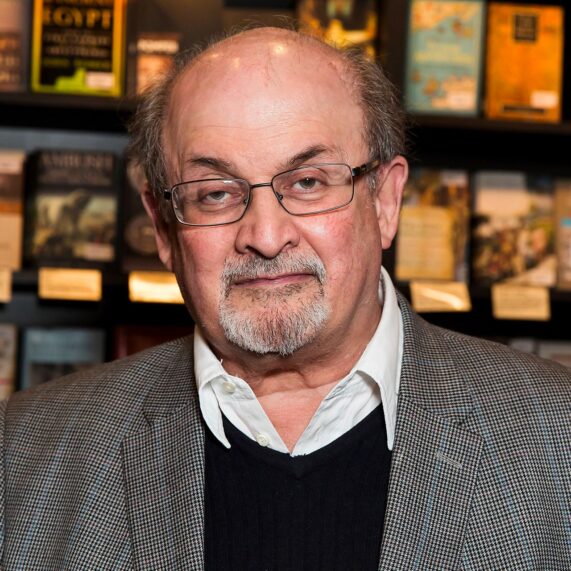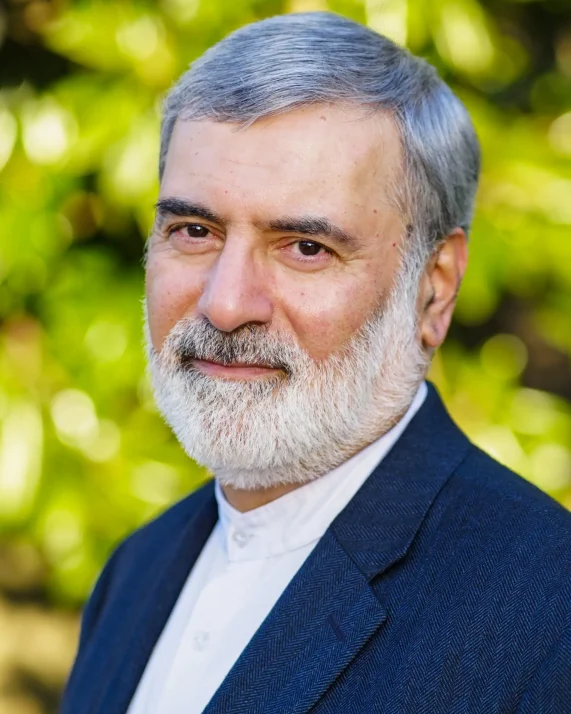The article details the perspective of Ja’fari Shi’ite Muslims and delves into the history of Shi’ism, the separation of religious and profane affairs, the guardianship of the jurists, Shi’ism within a constitutionalist context, political Shi’ism in a secular context, and Islamic republic. The author’s thorough historical overview is followed by a discussion of political theories of Shi’ite authorities after constitutionalism and the establishment of the Islamic Republic of Iran, specifically theories proposed by Khorasani and Khomeini, and how other Shi’ite scholars differ from these two groups of thought.


